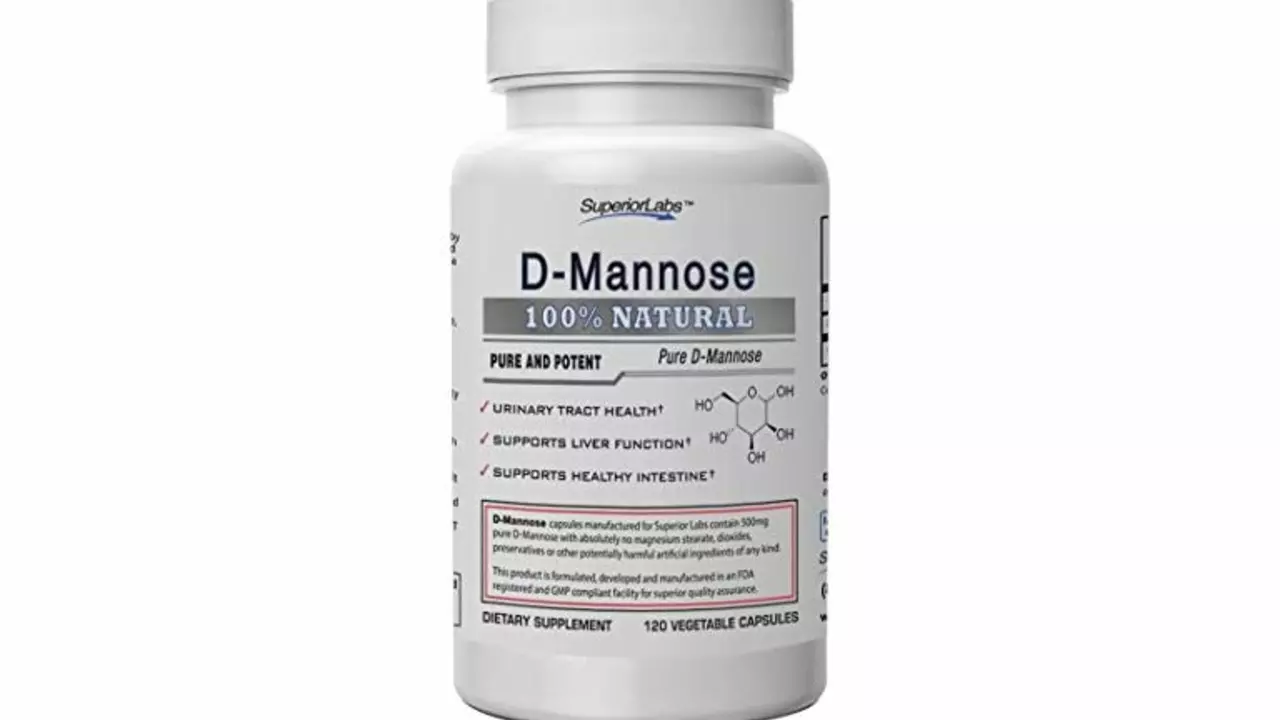Asafoetida (Hing): What It Is and Why People Use It
You might know asafoetida as "hing" — that strong, sulfurous powder used in Indian kitchens. A tiny pinch goes a long way. People use it to cut gas, calm bloating, and add depth to vegetable dishes. It’s also an old home remedy in Ayurveda for digestion and mild stomach complaints.
So what does it actually do? Chemically, asafoetida contains compounds that can relax intestinal muscles and slow gas formation. Lab tests and a few small clinical studies also show antimicrobial and mild anti-inflammatory effects. That doesn’t make it a cure-all, but it explains why many find quick relief when bloated or gassy.
How to Use Asafoetida — Kitchen and Supplement Tips
In cooking: heat a small pinch (often less than 1/8 teaspoon) in a teaspoon of oil or ghee for a few seconds, then add your vegetables or lentils. That short fry tames the smell and spreads flavor. Use less with strong greens like kale or mustard leaves and a little more with bland dals.
As a home remedy: people often dissolve a pinch in warm water or tea for gas relief. It works faster when taken shortly after a meal that causes bloating. If you try a supplement form, you'll see capsules with varying strengths. Follow the label and start with the lowest dose. Common capsule ranges on store labels are around 100–500 mg, but don’t skip checking directions or asking a pharmacist.
Safety, Side Effects, and Who Should Be Careful
Culinary amounts are safe for most adults. Side effects at higher doses or supplements can include nausea, diarrhea, headache, or allergic skin reactions. If you’re allergic to plants in the Apiaceae family (like celery, carrot, or parsley), be cautious — cross-reactions can happen.
Avoid large doses if you’re pregnant or breastfeeding. Traditional texts advise caution because high amounts may affect uterine activity. Also check with your doctor if you take blood thinners or other prescription meds — herbal compounds can sometimes change how drugs work.
Storage tip: keep asafoetida in a tightly sealed jar away from heat. The aroma fades over time if it’s not stored well. If you don’t like the raw smell, buy coated granules or capsules — they’re much easier to use.
Bottom line: use asafoetida as a kitchen tool and a mild digestive aid. It’s cheap, easy to try, and helps many people with gas and bloating. If you plan to use it regularly as a supplement, ask your healthcare provider to make sure it fits with your medicines and health conditions.

The Wonders of Asafoetida: Unlocking the Potential of This Unique Dietary Supplement
In my latest blog post, I delved into the incredible benefits of Asafoetida, a unique dietary supplement. This potent spice, also known as 'Hing', is not just a flavor enhancer, it's also packed with health benefits. I discussed how it aids in digestion, helps relieve respiratory disorders, and even contains properties that could help manage diabetes. Additionally, it has potential neuroprotective and anti-cancer effects. So if you're looking for an all-natural supplement to boost your health, Asafoetida might be worth exploring!
Categories
- Medications (71)
- Health and Medicine (62)
- Health and Wellness (37)
- Online Pharmacy Guides (16)
- Nutrition and Supplements (9)
- Parenting and Family (3)
- Environment and Conservation (2)
- healthcare (2)
- prescription savings (1)



